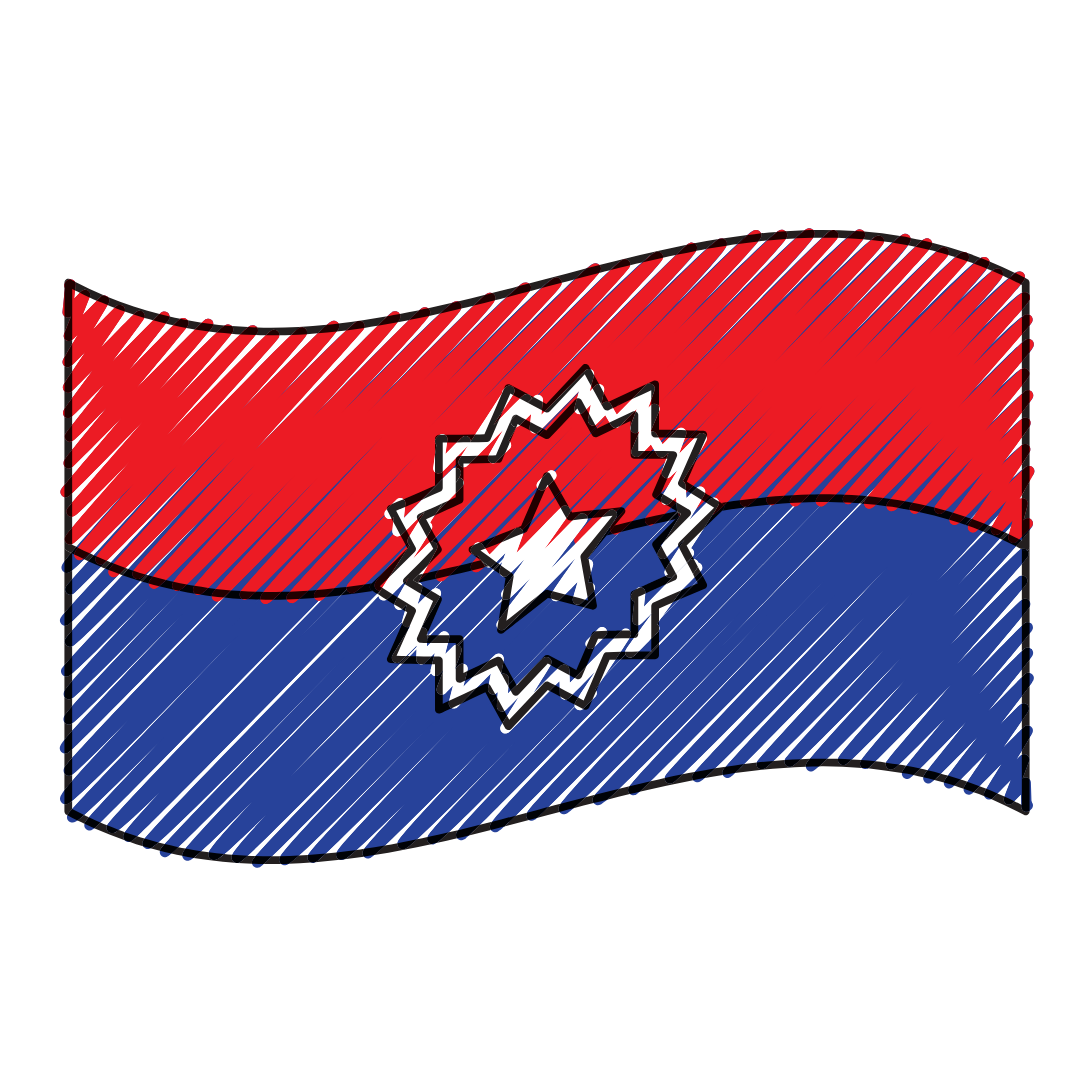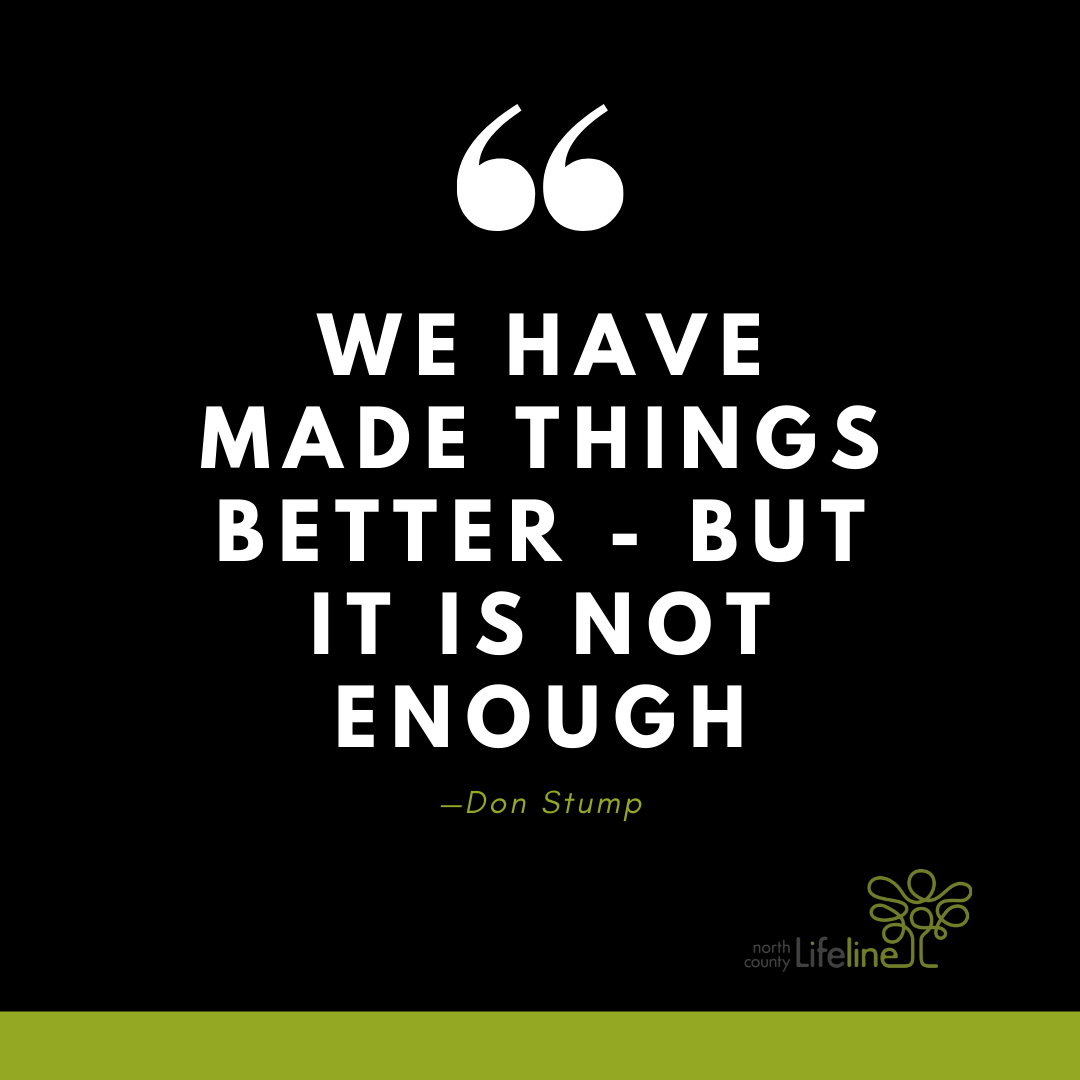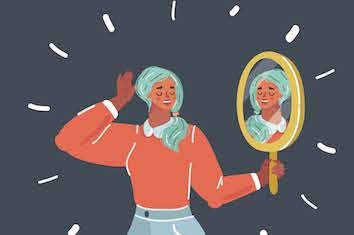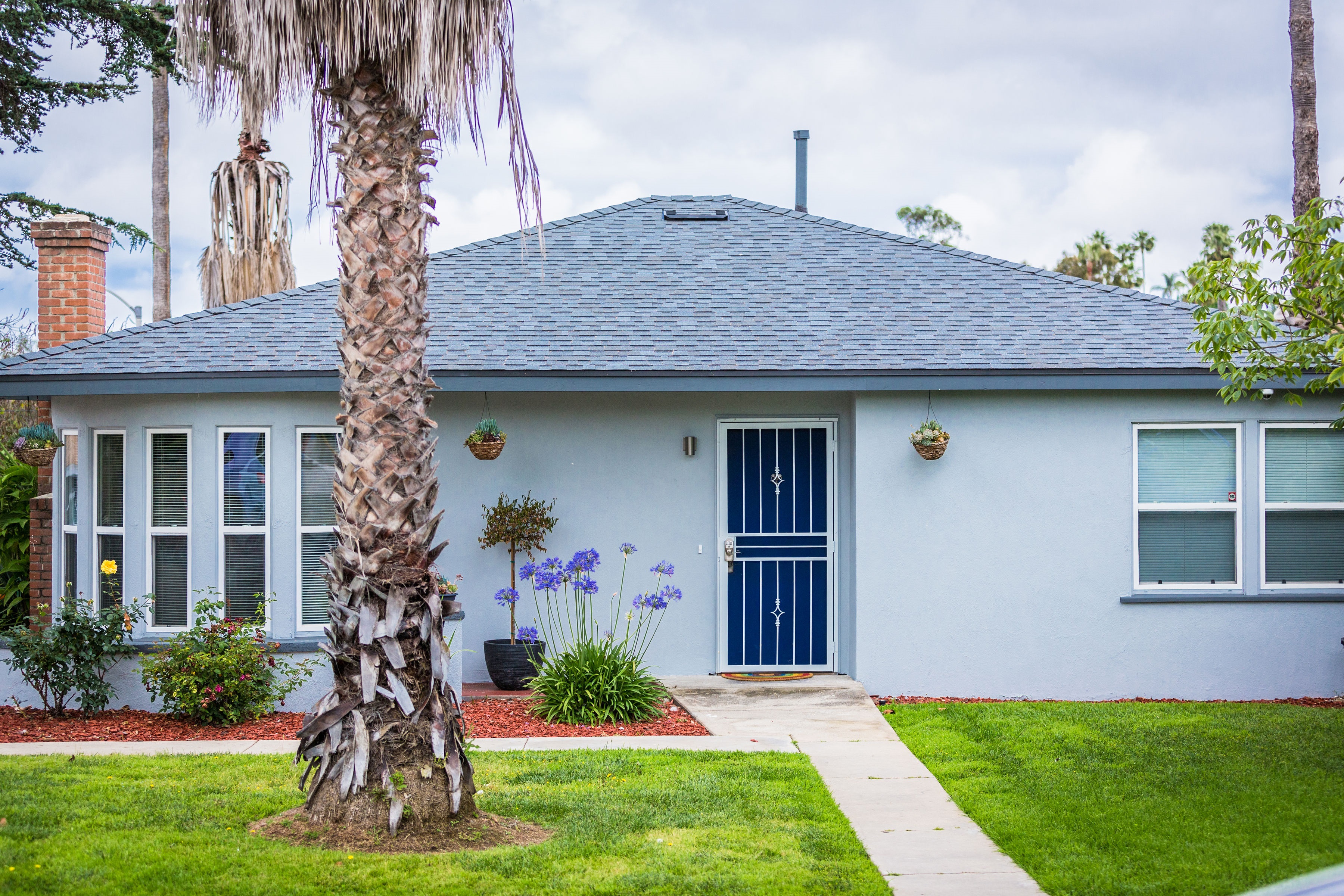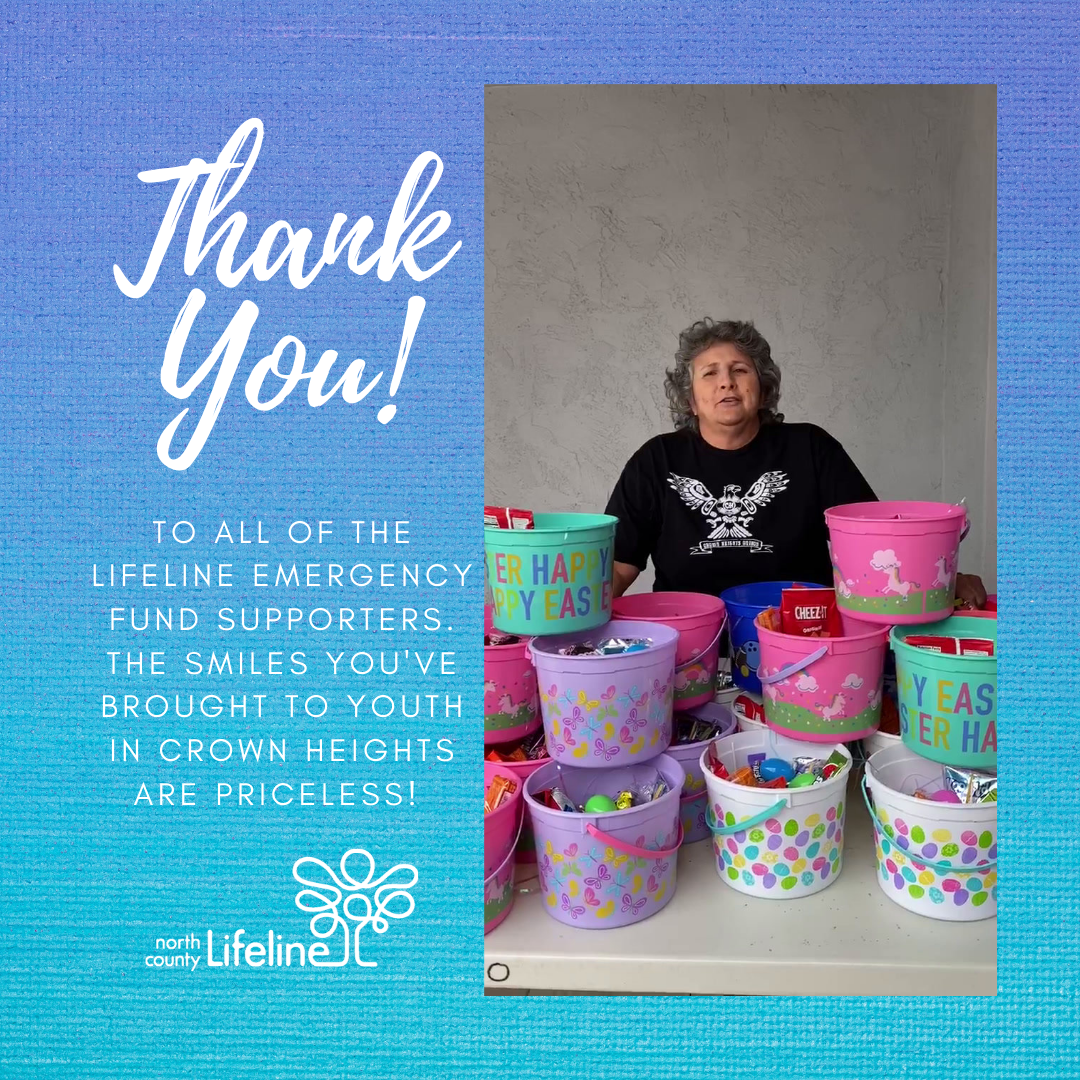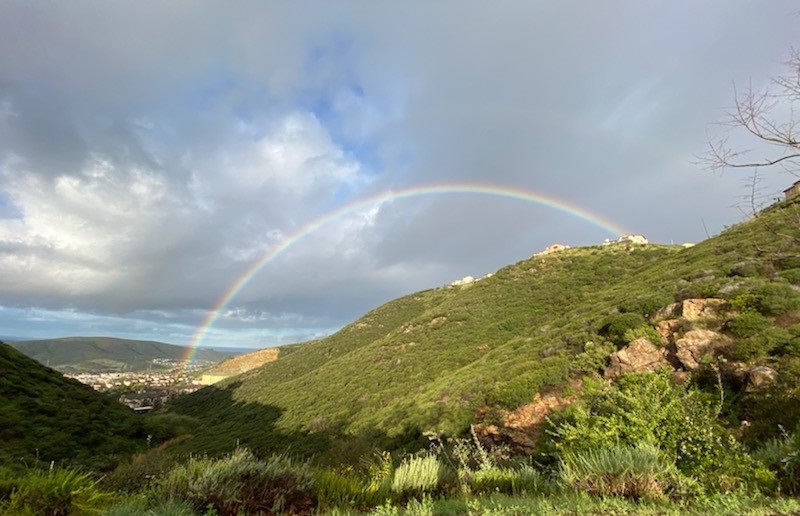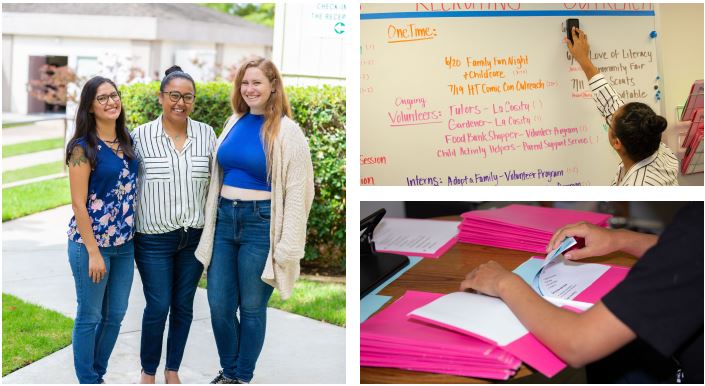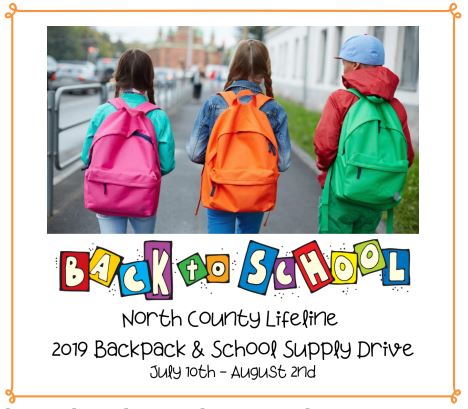What is Juneteenth?
Over the past few weeks, Lifeline has joined with thousands of companies and community based organizations around the world to stand in solidarity with the black community. Internally we’ve begun the discussion about what that actually means, and what our actions should be beyond just words. Laying the groundwork for change is not a simple fix, but Lifeline Community Services has a strong and sincere desire to be a part of the emerging solutions. For starters, we’ve had to recognize that there’s a lot about black history that we do not know. We’re taking this opportunity to educate ourselves, and along the way we want to share what we’ve learned with our supporters and community partners. What is Juneteenth? Though recognized in 47 out of 50 states, the history and meaning behind this day has only been informally lauded since its inception. Our own Executive Director comes from Galveston, Texas - the city of Juneteenth’s origin, and he has acknowledged not carrying its recognition with him as he moved across the country. And now, we at Lifeline, have taken the opportunity to learn more and share why everyone seems to be talking about Juneteenth right now? June 19th, or Juneteenth, marks the day hailed by many as the official ending of slavery in the United States and has been celebrated by diverse communities nationwide every year since 1866 on June 19th. We’ve searched the internet and talked to staff who are knowledgeable about Juneteenth, and here’s what we found: The Emancipation Proclamation marked the official beginning of freedom, but NOT the end of slavery for most enslaved African Americans throughout the country. When Abraham Lincoln signed the Emancipation Proclamation on January 1, 1863, thousands of slaves were freed each day, yet it was almost two and a half years before all slaves in the nation were informed of the order. On June 19, 1865, over two months after Confederate General Robert E. Lee surrendered to the Union army at the Appomattox Court House, Maj. General Gordon Granger and 2,000 federal troops were sent into Galveston, Texas. The first of his duties was to announce General Order No. 3 which read: “The people are informed that, in accordance with a proclamation from the Executive of the United States, all slaves are free. This involves an absolute equality of personal rights and of property, between former masters and slaves, and the connection heretofore existing between them, becomes that between employer and hired labor: The Freedmen are advised to remain at their present homes, and work for wages. They are informed that they will not be allowed to collect at military posts; and that they will not be supported in idleness either there or elsewhere.” The slaves in Galveston, and in fact, most of Texas, were the last to be informed of their freedom, as it had seen very little of the Civil War embattlement. It was one of the few states who’s slaveholders held on to the practice of slavery for several more months beyond June 19, 1865. Once the 13th Amendment was ratified on December 6, 1865, close to 4 million enslaved African Americans officially claimed the legal right to live as free men and women. However, that freedom continued to be a hard fought battle for many – with legalized slavery giving way to racial injustices against black people continuing throughout the country to this day. Jim Crow laws, lynching, unequal access to fair housing, vast educational disparities, and denial of voting rights replaced legalized slavery for many African Americans. Through all of this though, the hope that accompanied the original Juneteenth celebration has endured for over a century, and that is why we’re talking about it now – when hope is needed in this country more than ever before. Since 1866, June 19th has been a day of celebration, recognition, and reflection for not only black communities, but for people of every color across the country. And we need more participation in that celebration and hope from all Americans. We simply cannot accept the stains of our country’s past without vowing to be a tool for its rebuilding. Lifeline Community Services is now, and has always been an advocate for all people – including black, indigenous, people of color, people at-risk, and people in need of assistance on their road to self-reliance. But we still recognize that there is more we can do to support the black community and be a balm for the souls of those who need to heal. This is a part of our journey to advocate for and create meaningful change. For us, Juneteenth is a vehicle for conversations about the bigger picture and the questions that remain unanswered. Where do we go from here as a country? What can we do to affect change in our own community? Where do we start? We start here! We can assure you that our words are not empty and our support is not in vain. As individuals, as an agency, and as a voice in our community…together we will rise!
Lifeline Stands With the Black Community - A Letter From Don Stump
Dear Lifeliners, My heart has been troubled over the last week, and I have been struggling with what to say and who to say it to.With the murders of George Floyd, Ahmaud Arbery, and Breonna Taylor, we are again faced with the institutional racism and bias that has persisted in our country for decades.We are at a tipping point. Those of you who know me well, know I am a do-er. In my 30 years working in social services in community based organizations, I have served and been part of making changes in the system locally in which you now work, as supporters and advocates for children, youth, and families impacted by institutional racism and disproportionality. Thinking about this has also made me reflect on and remember the fact that our Lifeline team is already doing a lot—and has been for more than 45 years. Our juvenile diversion, Community Assessment Team, and Alternatives to Detention programs represent 20 years of community based advocacy to develop services in community, closest to where the youth and families live, to intervene on risks that might disproportionately place young men and women of color in the criminal justice system. And we have been successful. Over the last 10 years the County has closed two juvenile lock-up facilities and its Juvenile Hall only operates at one-third its capacity. This is good. This is you and your work. We have made things better—but it is not enough. There is still disproportionality. The Community Services for Families program where we partner with Child Welfare Services was designed by a community team 20 years ago, also to address children of color being disproportionally removed from their homes in this County. This, as part of an array of interventions, has worked well over 15 years, resulting in less than a third of families being separated through “out of home placement”than were in the mid-90s. And we continue to advocate for the resources to serve more prevention and community referred families in that program to have a bigger impact. This is good and I honor and support the work that you all do to create this outcome for families. But again, as we all know, it is not enough. So we need to do more. I am reaching out to leaders in the community, elected officials, partner organizations, and to you to figure out how we can do even more. I know you are feeling exhausted in this COVID-19 world and are now having complex feelings about what is happening to our family, friends, and clients in the community. Lean on each other for support and let’s all be patient with each other and our clients as we continue to feel our feelings and process the events we witness.We are listening. And both your program leaders and the Cultural Competence Committee are open and listening and looking for ways that we can do more to help our community as Lifeliners. I welcome your thoughts and ideas. Be well and be safe. Don
May is Mental Health Awareness Month
Lifeline Community Services’sBehavioral Health programswork with youth and adults who are struggling with mental health issues, emotional trauma, substance abuse, and thoughts of suicide. Individuals who come to Lifeline for help are often diagnosed with anxiety, depression, attention-deficit/hyperactivity disorder, oppositional disorder, eating disorders, and autism. Lifeline’s Behavioral Health programs include aSchool-Based Mental Health Full Service Partnership; the adult substance abuse program,Recovery for Life; and the teen suicide prevention programHERE Now(Helping, Engaging, Reconnecting, and Educating Now). Nearly 450 million people worldwide are currently living with a mental illness, yet almosttwo thirds of people with a known mental illness never seek treatment. Like cancer and diabetes, mental health is a disease that can be treated, and shouldn't be ignored. One way to help break the cycle of stigma and negativity surrounding mental health illnesses is to talk about it openly, and encourage others to do so as well.#breakthestigma During the month of May you can join us in our ongoing work in the mental health movement by taking ourMatching Maygiving challenge!
LifeSpring Volunteer Spotlight
In honor of National Foster Care Month, we are highlighting a volunteer at The House Drop-in Center, which serves former foster youth and youth and young adults experiencing homelessness through our partnership with Just in Time. Allie shares that "the most rewarding part of volunteering is the people that I’ve gotten to meet. The staff and participants are all such wonderful people and I’ve learned a ton about all the work that goes on, especially behind the scenes." "Allie was constantly having positive interactions with youth and their children and was a warm face for those first entering into the space. She went above and beyond to assist in daily functionality within the Drop-in Center.”- Katie Ramos, LifeSpring Program Coordinator Thank you for your dedication to the community, Allie! To join Allie in her support of the youth and young adults in the LifeSpring program, you can take our Matching May Challenge.Donations made in May will be matched dollar for dollar by the David C. Copley Foundation to support homeless and foster youth and young adults.
Thanks to our Sponsors!
Our staff at Club Crown Heights used some of theLifeline Emergency Fundto surprise the youth from the program with a special Easter treat. Continuing Our Mission Through COVID-19 Over the past several weeks, Lifeline Community Services has continually adapted and adjusted as an organization with one goal in mind: self-reliance for those who need help now more than ever. We remain committed to meeting the growing challenges faced by our staff and clients as a result of COVID-19. Early on it was apparent to us that our services were essential for the community. With government regulations tightening to prohibit the spread of the virus, we needed to move quickly to ensure that those services would continue. From that need theLifeline Emergency Fundwas born.Each day since we have been overwhelmed with gratitude for the generosity of organizations, companies, and individuals who have responded to our call with an outpouring of support. Our Executive Director, Don Stump summed it up perfectly when he stated that "Lifeline Community Services is a home for individuals and families on their road to self-reliance." During this time of distress we have been able to aid our clients with rental assistance, groceries, telehealth services, and other basic needs items. Thank you to each person and organization who has donated, includingCoastal Community Foundation,Rancho Santa Fe Foundation,Leichtag Foundation,BBVA,Nordson Corporation Foundation,Oceanside Rotary,andThe San Diego Foundation. We've even seen our staff members rise to the challenges of COVID-19 and continue to provide high-level services in unique and creative ways. Our hearts are full. On the behalf of our clients, we'd like to thank you all! Easter at Club Crown Heig
Can You Spare a Minute?
The Financial Impact of COVID-19 The COVID-19 pandemic has many San Diego nonprofits wondering what the next few weeks will hold in terms of services, payroll, and operations. Lifeline Community Services, along with our community partners, continues to put our clients first, but our emergency measures do come with added costs, and cannot be sustained long term without additional funding. There are ways each of our Lifeline supporters can help us in this time of crisis. One such way you can help is by reaching out to members of Congress to request that additional funding be granted for nonprofit agencies like ours. It is a simple process that takes only minutes, but can have a significant impact on those we serve. Please follow the steps below to make a difference TODAY! Visit:https://independentsector.org/resource/action-center/ Look for Emergency Aide for Nonprofit Organizations Amidst COVID-19. Click on "Write" and fill in your information. Another way you can help is by donating to the Lifeline Emergency Fund. We established this fund to help cover the costs of our most vulnerable clients’ immediate needs during this trying time. Many of them have been heavily impacted by the ever changing landscape we’re seeing, but we are committed to help provide for those needs. We have also adjusted quickly to accommodate for most of our staff working remotely, with our clinicians providing telehealth sessions with their clients wherever possible. All of this comes at a cost to us, and unfortunately those costs aren’t covered by most of our government grants and contracts. Please help us by sharing this with your friends and circle. Click here to donate to the Lifeline Emergency Fund Today!
Lifeline Emergency Fund
As our name implies, Lifeline Community Serviceshas been an aid for people in San Diego for close to 50 years. Now more than ever, our clients look to us to provide a refuge from the storm, and with your help we can continue to to be that lifeline they need as they work towards self-sufficiency. Each dollar donated to the Lifeline Emergency Fund will be put to immediately use for daily essentials like diapers, formula, non perishable food, prepaid cell phones, bus passes, and laundry costs. Please click hereto donate today!
The Hidden Gem of Lifeline Community Services
VOLUNTEER PROGRAM Each year Lifeline Community Services receives invaluable assistance for program needs from over 300 volunteers and interns. With 5 service areas, and close to 40 programs, have you ever wondered how Lifeline Community Services is able to continue providing for the needs of our community with such a high level of care? We'll let you in on a little secret...its our volunteers! From AmeriCorp VIP Fellows to Adopt-A-Family gift wrappers, we are indebted to our volunteers for the service they provide, and their continuous commitment to our mission. Our volunteers come to us from various backgrounds, education levels, and with varying amounts of time to invest, but each one of them leaves an indelible mark on the fabric of our agency that cannot be erased. They put the LIFE in Lifeline! If you are interested in learning more about our volunteer opportunities please visit our website, or contact our volunteer manager at volunteer@nclifeline.org. THANK YOU VOLUNTEERS! With your help we've been able to accomplish so much! Your hours of service have contributed to the success of our programs, and we appreciate your help with: Admin Assistance Tutoring Community Events Adopt-A-Family Teens Leading North County Childcare Food Donation Pick-ups Gardening Site Clean-up/Renovations Backpack Drive The VITA Program Internships Lifeline Events Donations...and so much more!
Back to School
Help us send Lifeline Community Services youth BACK TO SCHOOL without the stress As the summer months pass by, families across the nation begin to prepare for the upcoming school year. New teachers, classroom friends, and new opportunities for academic and extracurricular success all add to the excitement. For some families the new school year brings anxiety and stress over the looming costs associated with sending a child back to school. According to the National Retail Federation, the average U.S household spent $684.79 per child on back to school essentials in 2018. That number is expected to increase for 2019! For many families the choice may be between paying their rent or purchasing school supplies...and for some families the choice could be between purchasing food and basic needs items or purchasing school supplies. For many students from low-income families, having all of the necessary supplies at the beginning of the school year helps to remove barriers to learning. We are committed to helping the youth in all of our community-based programs start the year off right. Please join us by donating new backpacks and school essentials, or by hosting your own backpack and school supply drive, now through August 2nd. Every donation and hour served makes a tremendous difference! GIVE THE GIFT OF LEARNING! Click on the photo above to donate. We are in need of the following school essentials: Backpacks Binders Folders Notebooks Calculators Pencil Cases Art & Coloring Supplies Pens, Pencils, & More... You can also volunteer to help pack and distribute school supplies, or to host a backpack drive at your place of business or worship (we'll provide you with all of the supplies needed for a successful drive!) Contact our Volunteer Manager for moreinformation: volunteer@nclifeline.org.
